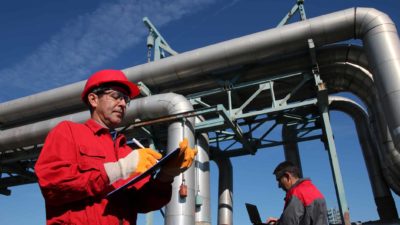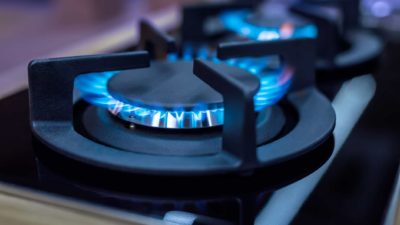It has been a great start to the day for ASX uranium shares.
The uranium industry is shining brighter than plutonium on Thursday morning, with strong gains been recorded across the board.
Let's see how a number of uranium miners and developers are performing at the time of writing:
- Bannerman Energy Ltd(ASX: BMN) shares is up 12% to $3.61.
- Boss Energy Ltd(ASX: BOE) shares is 7% higher to $3.66.
- Deep Yellow Limited(ASX: DYL) shares is up 13% to $1.62.
- Lotus Resources Ltd(ASX: LOT) shares has jumped 15.5% to 31.2 cents.
- Paladin Energy Ltd(ASX: PDN) shares is up 12% to $13.09.
- Peninsula Energy Ltd(ASX: PEN) shares is 5% higher at 10.5 cents.
This won't have gone down well with short sellers given that a number of uranium shares are among the most shorted on the Australian share market.
Why are ASX uranium shares soaring today?
As some readers may be aware, uranium shares have been on a tear recently thanks to partly to news that tech giant Microsoft (NASDAQ: MSFT) is turning to nuclear power to fuel its artificial intelligence (AI) ambitions.
Last month, Microsoft announced a 20-year power purchase agreement with Constellation Energy (NASDAQ: CEG). This agreement paves the way for the launch of the Crane Clean Energy Center (CCEC) and the restart of Three Mile Island Unit 1.
Microsoft's vice president of Energy, Bobby Hollis, said:
This agreement is a major milestone in Microsoft's efforts to help decarbonize the grid in support of our commitment to become carbon negative. Microsoft continues to collaborate with energy providers to develop carbon-free energy sources to help meet the grids' capacity and reliability needs.
Today it has been revealed that Microsoft isn't alone in seeing nuclear power as a clean way to power its data centres, which are facing increased demand due to the emergence of AI. Amazon (NASDAQ: AMZN) has also joined the party.
Amazon embraces nuclear power
According to CNBC, Amazon Web Services plans to invest more than US$500 million in nuclear power.
AWS will explore the development of a small modular nuclear reactor, or SMR, near an existing nuclear power station.
An SMR has a smaller footprint, which allows it to be built closer to the grid, and much shorter construction timelines. This allows them to come online much sooner than a full scale reactor.
The cloud computing business has an increasing need for clean energy as it expands its services into generative AI, and sees nuclear power as its pathway to net-zero carbon emissions.
AWS CEO, Matthew Garman, commented:
We see the need for gigawatts of power in the coming years, and there's not going to be enough wind and solar projects to be able to meet the needs, and so nuclear is a great opportunity.
Also, the technology is really advancing to a place with SMRs where there's going to be a new technology that's going to be safe and that's going to be easy to manufacture in a much smaller form.
All in all, the outlook for uranium and the ASX shares mining the chemical element is looking increasingly positive.









